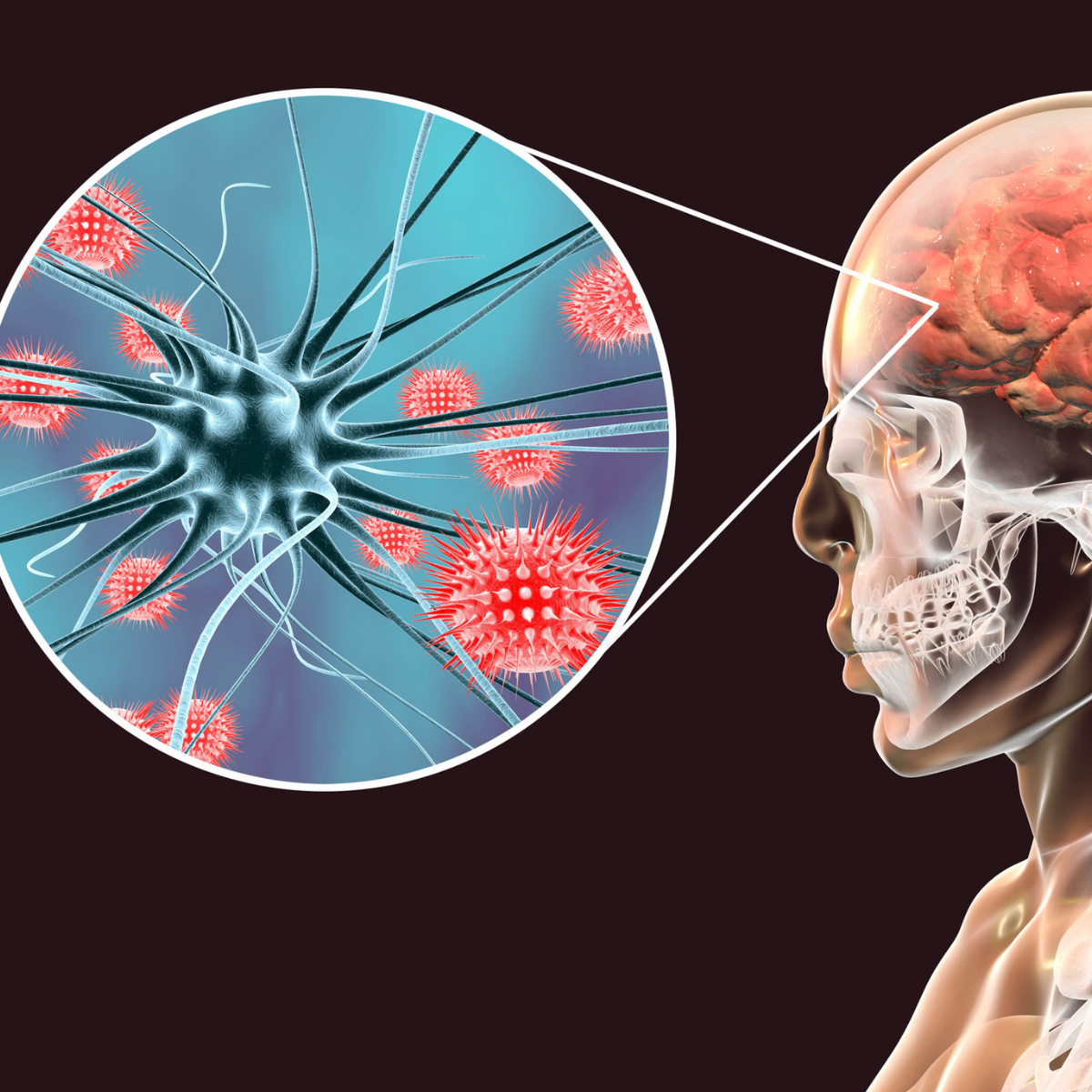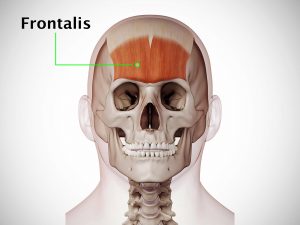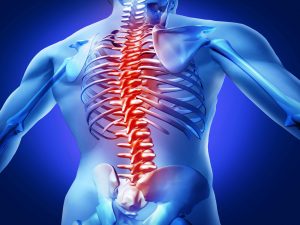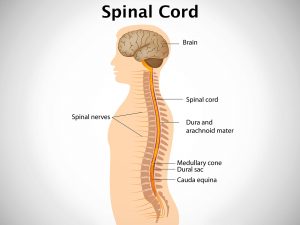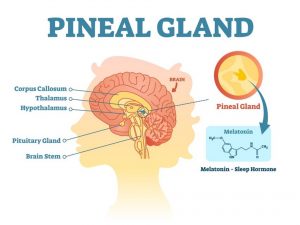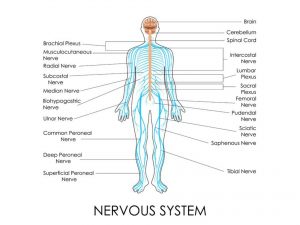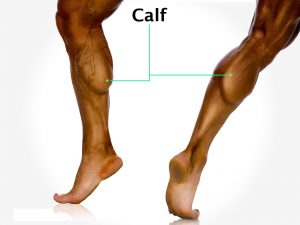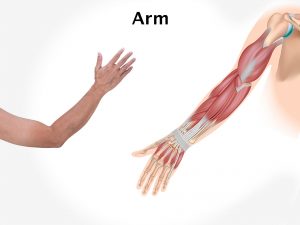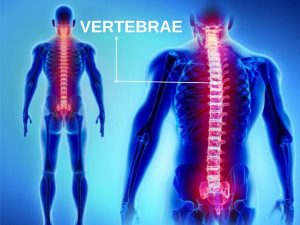Causes and risk factors
Invasion of Meninges by infective agent is the major cause. Infection by virus is the most common cause of meningitis. Common viruses include Enterovirus, Herpes simplex virus, Varicella zoster virus, Mumps virus, HIV Influenza, Epstein-Barr. Infection can also be caused due to certain bacterias, these include Escherichia coli, Proteus, Streptococcus pneumonia, Nisseria meningitides, Haemophilus influenza and Listeria monocytogenes. Streptococci and H pylori bacterial infection is more commonly seen in children below the age of 5 years and it is contagious in nature. Fungi responsible for causing meningial infection are Cryptococcus neoformans, Candida and Histoplasma. Tuberculosis meningitis caused due to tuberculosis bacilli is another common type of meningitis seen. Meningitis can be caused due to certain non infective factors also. Spread of cancer to meningies, sarcoidoisis, leukemia, lymphoma, dermoid cyst and certain allergies caused by drugs also contribute for meningitis.
Clinical presentation
Fever, stiffness of neck, headache, vomiting and body ache are the cardinal symptoms of meningitis. Certain mental change also manifests. These are dullness and confusion. The patient becomes irritable and typically lies in curled up position. Sleepiness development of rashes on the body are also seen. Convulsion also occur .Meningitis can lead to complications like brain abscess, subdural effusion, blindness, and deafness. It can also lead to mental retardation and hydrocephalus.
Investigations
The diagnosis is done on the basis of the symptoms narrated by the patient and physical examination carried out by the doctor. Certain physical tests like kernings sign and Brudzinikis signs are confirmatory. Lumbar puncture done for the cerebrospinal fluid examination is diagnostic investigation. Certain other routine investigations like blood test and blood cultures. CT/MRI scan of the brain are usually done to find out the complications.
Treatment
Meningitis is a condition requiring a strict medical attention. Hospitalization is required. Intravenous fluid along with medications like antibiotics, pain reliving medications, anti emetics, cerebral edema decongestants are given. HIB meningitis vaccination is available as a preventive measure in children.
Other modes of treatment:
Certain other modes of treatment can also be helpful in coping up the symptom. Taking into consideration the symptoms in holistic way, homoeopathy can offer a good aid for the relief of the symptoms. The Ayurvedic system of medicine which uses herbs and synthetic derivates can also be beneficial in combating the complaints.
Recent update:
As per the article published in medindia investigators at the University of Southampton have discovered that two new vaccines which can prevent the transmission of meningitis bacteria from person to person.
